Adrian Joffe: Buddhist, Fashion Mentor, Innovator
By Something CuratedBest known for the iconic Dover Street Market, and more recently, his support for a growing posse of Post-Soviet designers like Gosha Rubchinskiy and the Georgian-born Demna Gvasalia behind cult brand Vetements, Joffe scouts new talent and sets new standards for what a department could become.
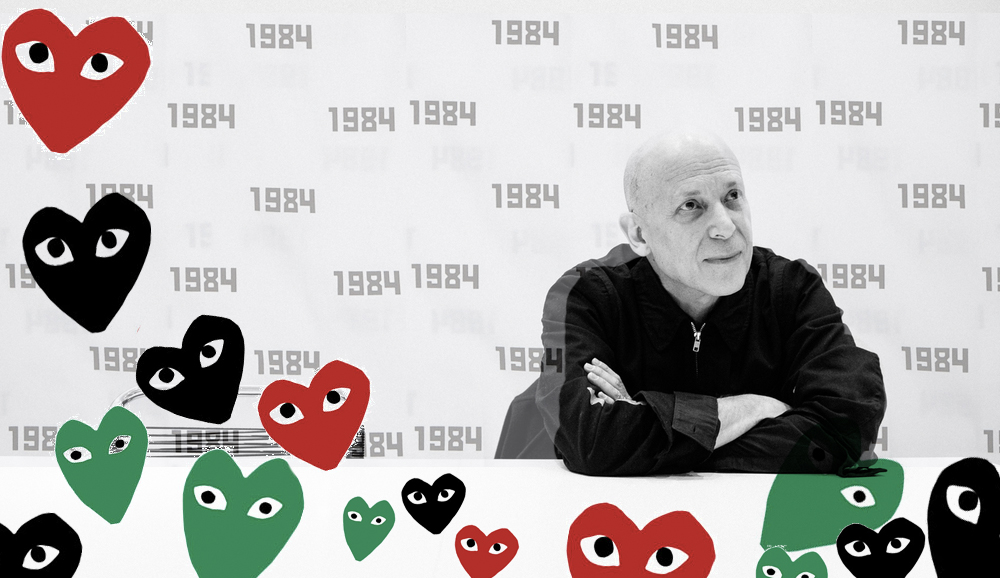
Placemaking, sensory experience, tapping trends and producing buzz are his tools. Also the CEO of fashion label Comme des Garçons, founded by his work+life partner and Creative Director of Dover Street Market Rei Kawakubo, Joffe has created an epicenter of cool. Joffe surrounds himself, and consequently everything and everyone he represents and interacts with, with an aura that is simultaneously experimental and seasoned: a kind of risk-taking that is made in the confidence of someone who is consistently two steps ahead of the curve he’s creating. He’s always picking up and investing new fashion fledglings, constantly on the lookout for new talent to take under the wing of CDG while maintaining its signature style.
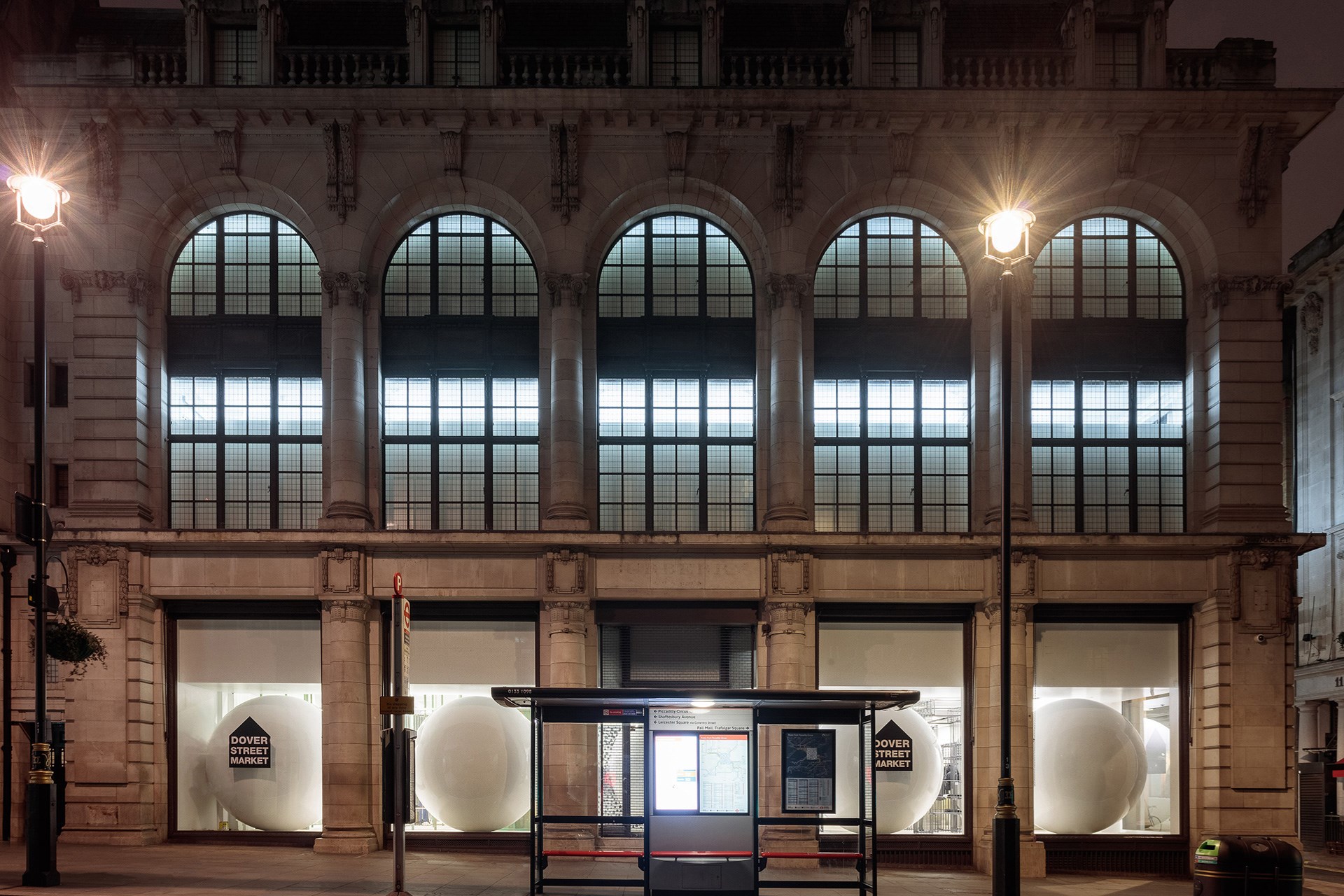
The nonchalance of Joffe’s aesthetic isn’t affectatious, and stems from an apparent harmony Joffe has found between Zen Buddhism (which he practices) and high fashion. This baffling pair is just another strike of Joffe’s overall appeal, which extends from his stage presence and monkish words of wisdom offered up to lucky interviewers to, ultimately, the clothes hanging on the racks of hundreds of stores around the world. According to Joffe, his zen training an is an essential component to surviving the forces of overconsumption and excess that dominates a good chunk of the fashion industry. It also helps him see the “invisible red string” that weaves together all the competing elements of high fashion – codeword for his ability to preemptively pluck young talent destined for fame, as well as trends before they start. inside space for outsiders, a space where renegades and dissidents of the industry could take solace in new visions, a space for risk-taking and chasing one’s boundless imagination.
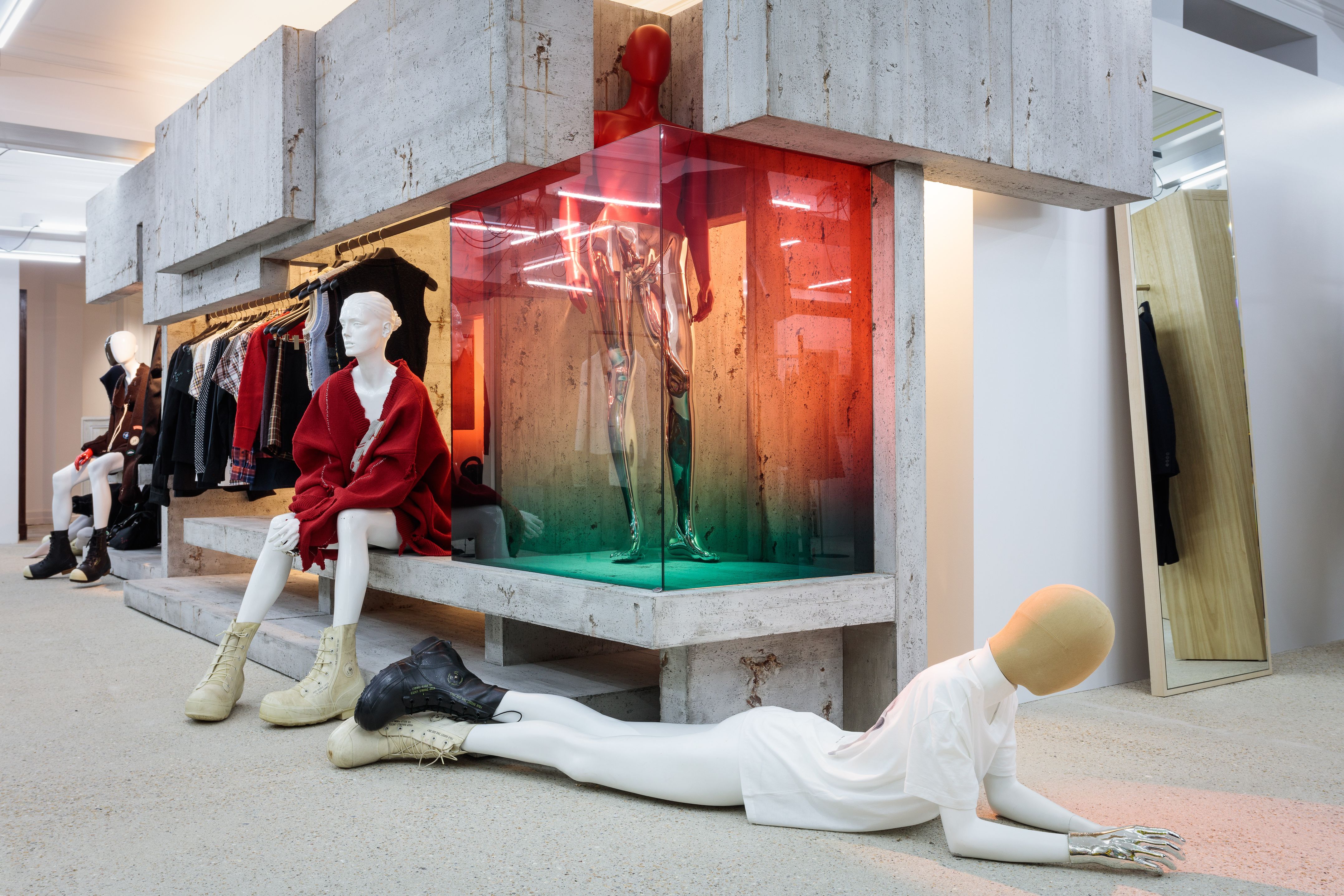
With the dazzle of the new Dover Street Market which recently opened its doors in Mayfair this March, chock-a-block with high-end brands and already-cultish newcomers like Vetements, it’s difficult to see Joffe operating at a level which is any less than five-stories-tall, glitter-and-gold, funhouse fashion extravagant, but he works on all scales and budgets. One of his most renowned efforts that triggered the rise of the pop-up shop ran from 2004–2011. Joffe’s idea was simple: to give away the deadstock of CDG’s previous seasons to fans in cities that currently had no CDG shops. The challenge: create a pop-up for $2,000 or less not run by fashion people that stays open for only a year, regardless of success rate. CDG came to life in 37 cities, from Warsaw to Singapore Athens to Basel; they cropped up in former Stalinist fruit shops and Singapore apartment complexes. The stores eventually shut down in 2011 due to Joffe’s idea being copied to death, but the concept of the pop-up was here to stay.
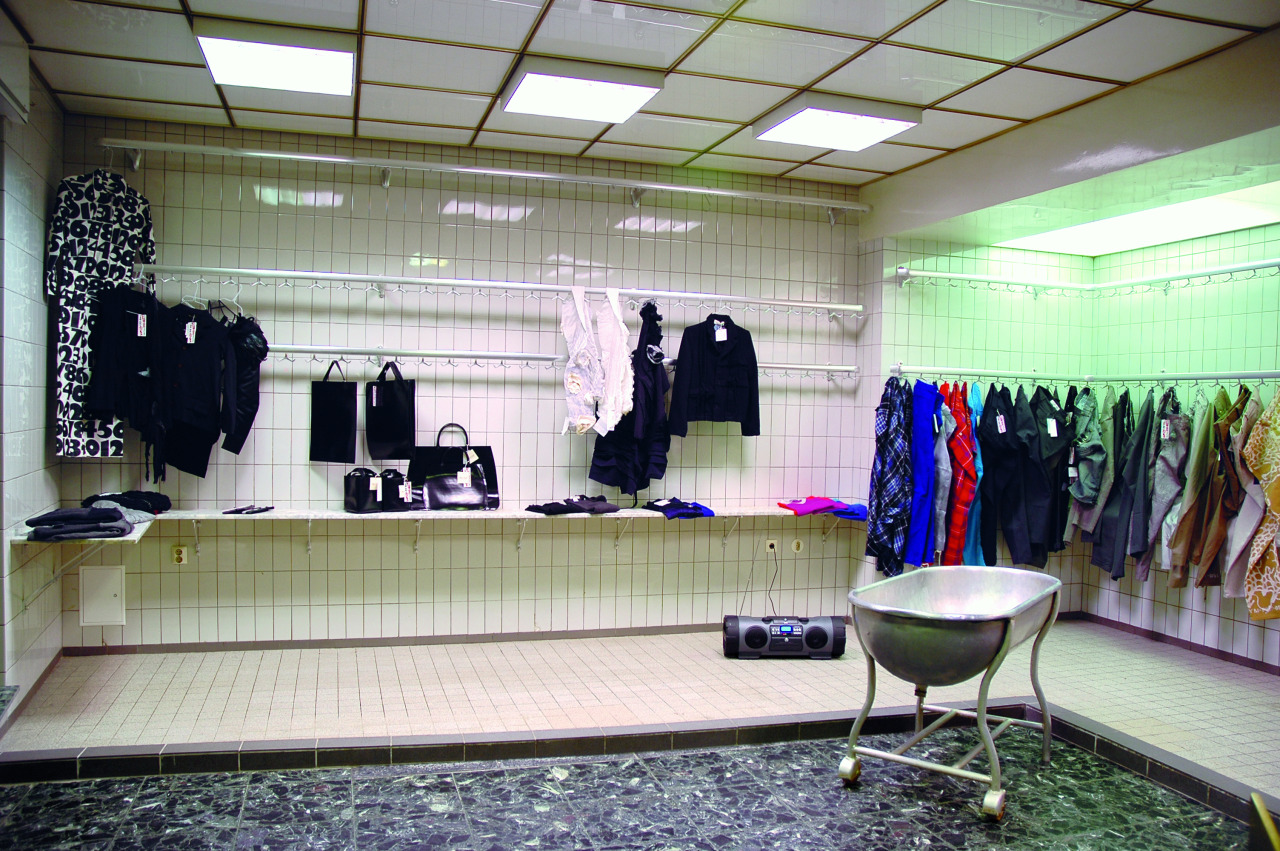
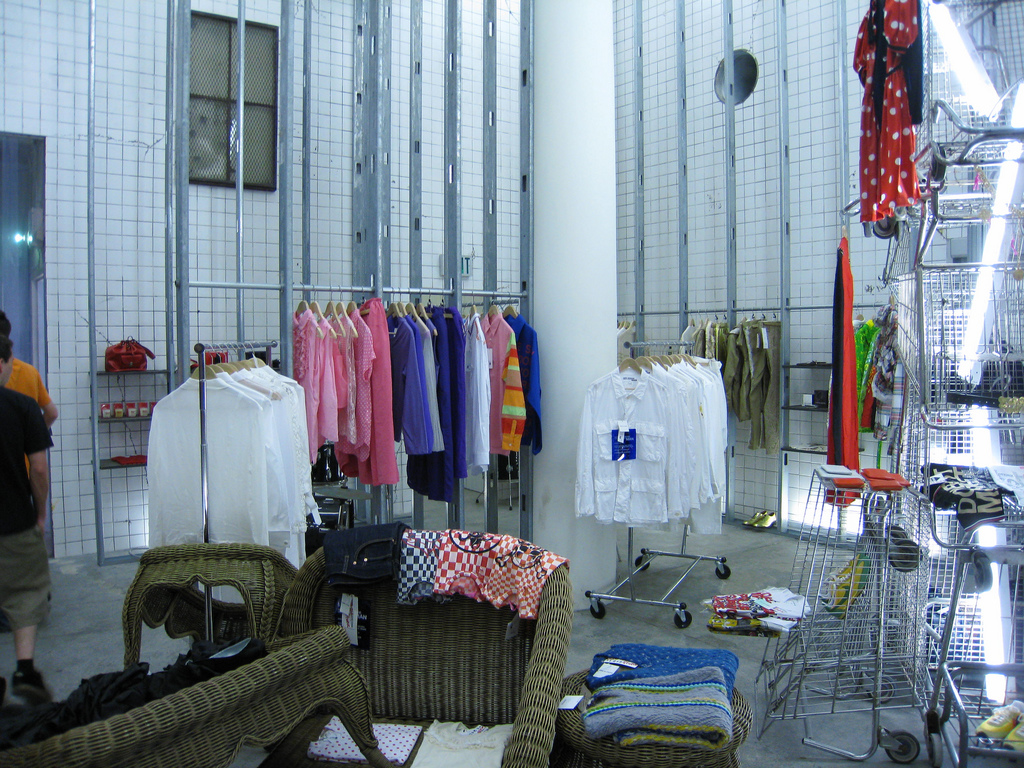
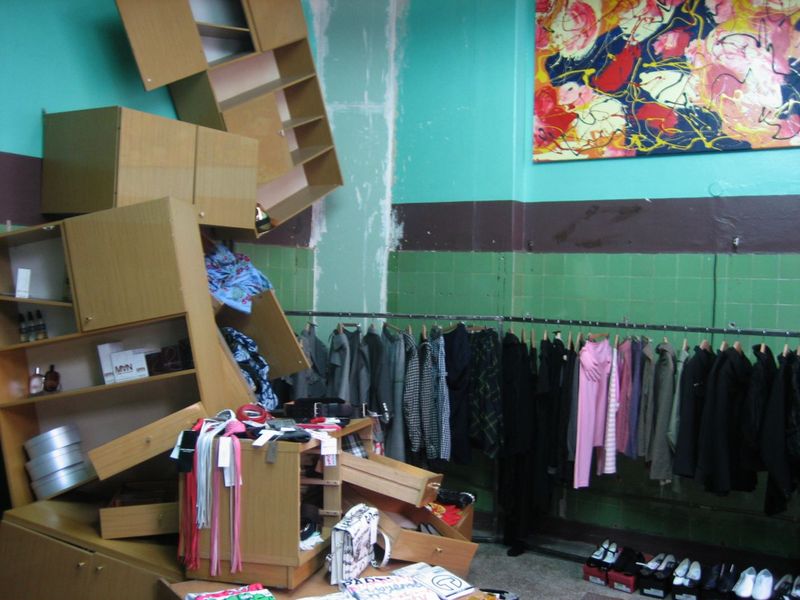
Born in Johannesburg, a city gaining traction through the global spotlight for its edgy art scene and creative culture, Joffe moved with his father and sister to London when he was eight years old. He went on to study at SOAS, majoring in Oriental Studies – which closed soon after, as Joffe was the only student in the department. Joffe ended up next in Japan, where he began to work for his sister, Rose, who had just founded a knitwear company and was seeking a Japanese supply manager. In 1987, after a smooth tip-off from a mutual friend that CDG was looking for a commercial director in Europe, he was put in touch with Rei Kawakubo, the creative director of Comme des Garçons, whom he had previously idolized from afar (sometimes he would see her out walking her dog on the streets of Tokyo.) He got the job. Joffe relocated to Paris soon after and was appointed the President of the company in 2003. While married, the two tend to keep their personal relationship outside of CDG. Joffe very much regards Kawakubo as his boss in all respects.

The two work together to manage business and play: with Kawakubo serving as the creative director of the company and Joffe managing the more commercial side of the company. However, the two’s roles are more balanced than their titles would suggest. Kawakubo’s creative shots and obsessive drive for pushing boundaries is equally balanced by her commercial sensibilities, whereas Joffe has proven through no shortage of legal creativity that even the most stolid of disciplines can give way a bit of wiggle room. For instance, while managing CDG’s perfume line, Joffe invented the “partial license” for its perfume as owned by Puig. By branching the company into CDG Parfums and CDG Parfums Parfums, Puig is allowed to vend all of one of Joffe’s fragrances they want, but the others are kept completely under the license of CDG. Pretty inventive if you ask us.